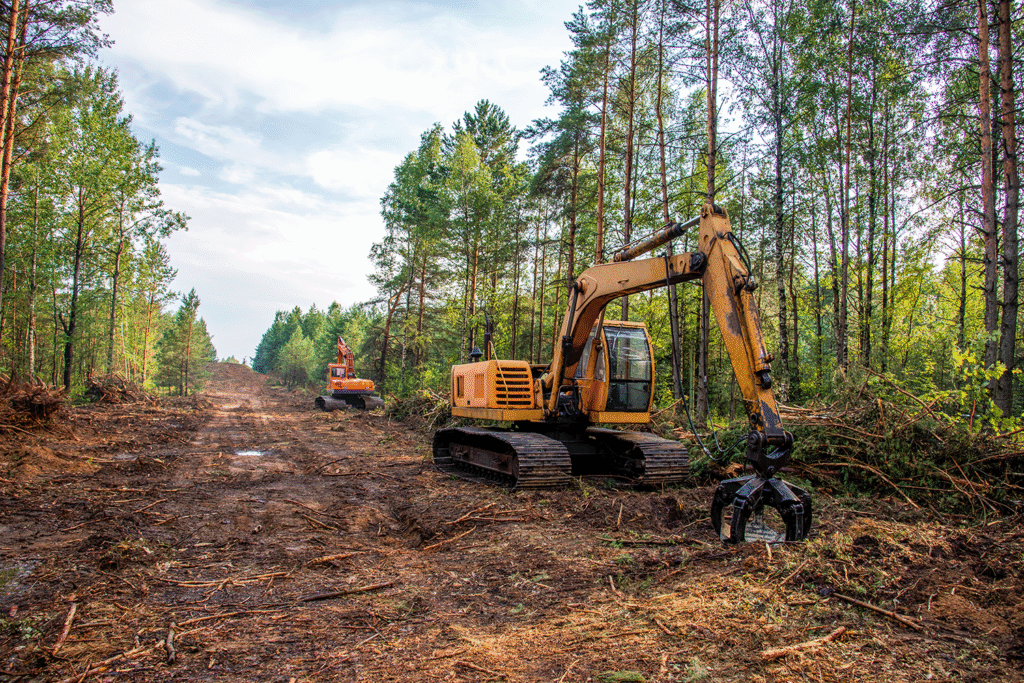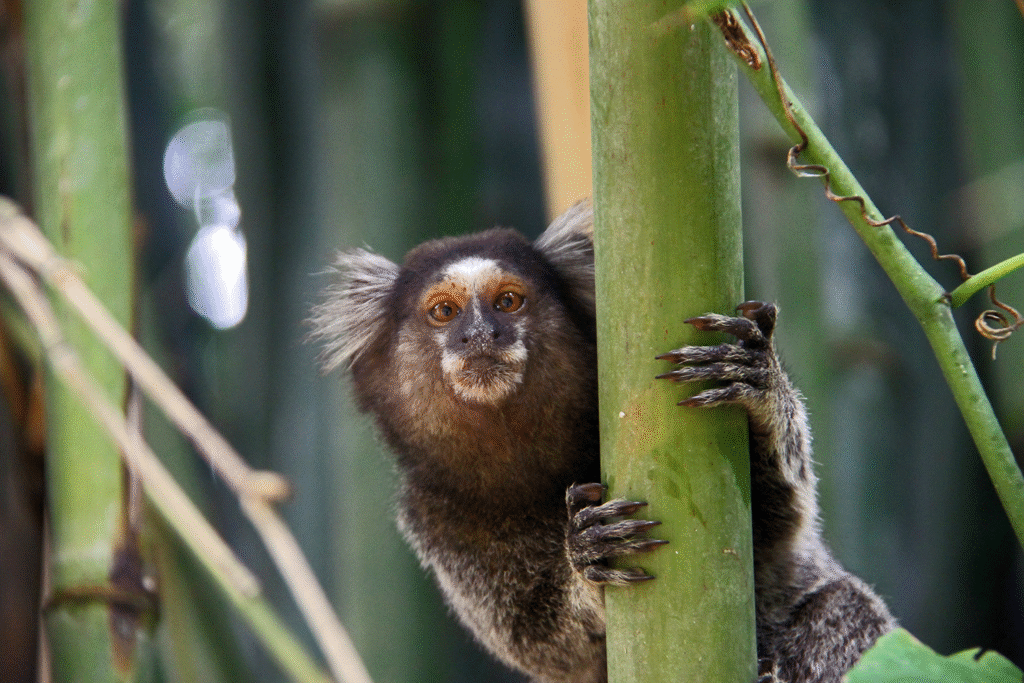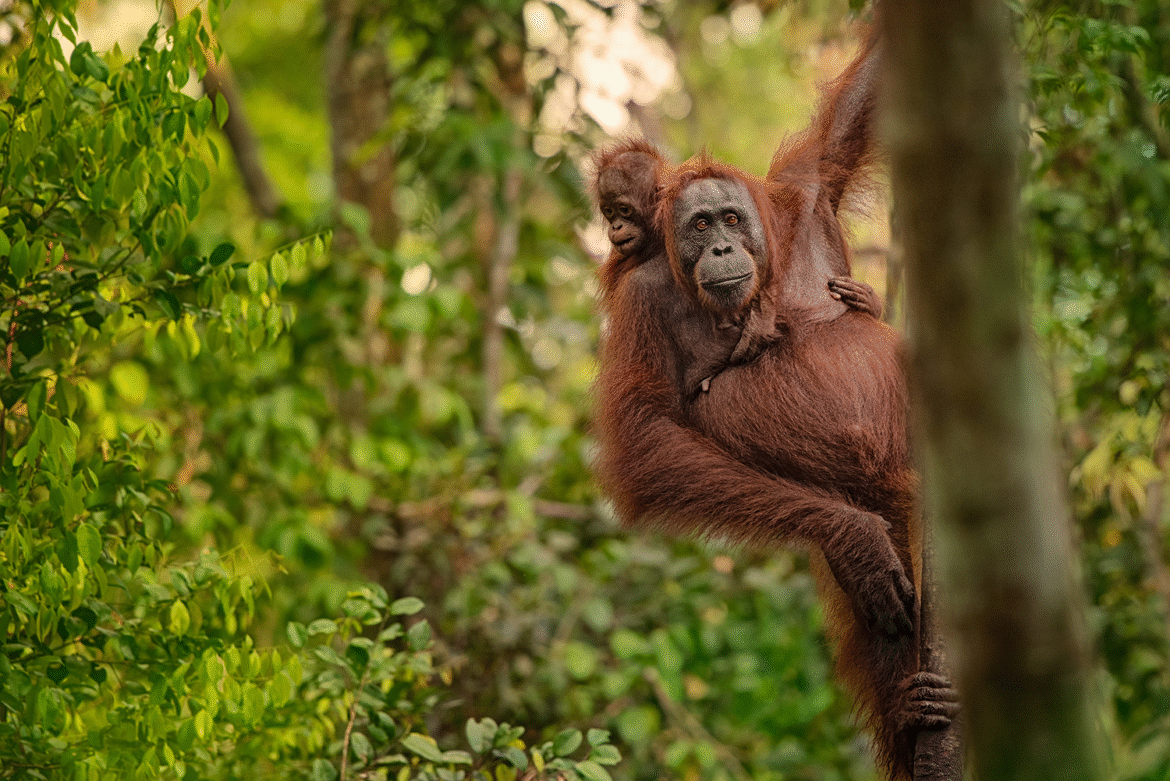When COP30 convenes in Belém, deep within the Brazilian Amazon, the world’s leaders will gather in one of the most biologically rich places on earth. The Amazon is home to jaguars slipping through the shadows, pink river dolphins gliding beneath sunlit waters, macaws streaking across the canopy, and thousands upon thousands of species still unnamed by science. It is a place of astonishing life and, tragically, one of the most dangerous regions on earth to be an animal.
As we prepare for this critical climate summit, Christians are rightly speaking about justice, biodiversity, and stewardship. But there is a missing voice in our climate conversations: the voice of the animals themselves. COP30 offers an extraordinary opportunity for the global Church to recognise that climate justice is not only a human concern. It is also an issue of compassion, morality, and deep spiritual significance for the creatures with whom we share God’s earth.
This article explores why animals must be placed at the centre of our Christian engagement with COP30 — and why doing so is an act of faithfulness to the God who calls creation “very good”.
Animals Are Already Paying the Price
We often hear that climate change and environmental degradation will impact the poorest human communities most dramatically — and they will. But the suffering of animals in a warming world is already immense and largely unacknowledged.
The UN has warned that one million species face extinction, many within decades. The causes are now well-known: deforestation, habitat loss, ocean acidification, rising temperatures, altered rainfall patterns, and the collapse of critical ecosystems. These processes push animals to the edge long before humans notice the consequences.
In the Amazon, 80% of deforestation is linked to cattle ranching, with huge tracts of forest burned or cleared to raise animals for beef or to grow soya for factory-farmed livestock overseas. Countless species — from the nimble tamarin to the mysterious giant anteater — lose their homes to feed systems built not around human need, but human appetite. Meanwhile, fish populations decline as industrial fleets sweep the seas clean, with enormous quantities ground down into fishmeal for farmed animals.
Animals are not background scenery in this crisis. They are its earliest and most vulnerable victims.

The Deep Link Between Climate Change and Industrial Animal Agriculture
One of the most uncomfortable truths about climate change is also one of the least acknowledged: our global addiction to cheap meat is driving both ecological breakdown and animal suffering on a staggering scale.
Today, over 75 billion land animals and more than a trillion fish are killed for food each year. The majority live in industrial systems where they never feel the sun, soil, or fresh air that God created as part of their joy in living. Their suffering is immense — but it is also entangled with the suffering of the natural world.
Factory farming is responsible for nearly a sixth of all global greenhouse gas emissions — more than all planes, trains, and cars combined. Vast monocultures of soya, maize, and palm kernel are grown not to feed humans, but to feed animals confined in sheds. These monocultures replace rainforests, savannahs, wetlands, and other habitats that once teemed with life. The knock-on effects for wildlife are profound: disappearing insects, starving birds, declining large mammals, and collapsing ecosystems.
This is not simply a farming issue. It is a climate justice issue — and a spiritual one.
A Missing Conversation: The Church, Animals, and Climate Justice
Christians have always had a deep vocabulary for creation. We speak of stewardship, responsibility, beauty, and care. Yet when it comes to animals and climate change, our moral imagination has been strangely muted. We readily quote Genesis 2 to describe humanity’s calling to tend the garden — but we rarely connect this with the modern reality of industrial animal agriculture, deforestation, and species loss.
Scripture, however, is not silent.
God’s covenant includes “all flesh”
After the flood, God makes a covenant not only with Noah and his family, but “with every living creature” (Genesis 9:12–17). God’s promise of faithfulness and protection extends beyond humanity.
Creation praises God
Psalms 96, 98, and 148 are full of animals praising their Creator. It could be said that creation is a choir, and each species is a note. As John Bulwer, the seventeenth-century writer and physician put it, to drive a species to extinction is to “take away one note of God’s harmony”.
Not one sparrow is forgotten
Jesus tells us that not even a sparrow falls outside the care and remembrance of God (Matthew 10:29). If God is attentive to the smallest creature, how can we justify systems that cause immense suffering to billions?
Creation groans for liberation
Paul writes that the whole of creation “groans” under the weight of decay (Romans 8:22), longing for the freedom and restoration promised in Christ.
Christianity has a rich theological foundation for compassionate climate action. What we often lack is the willingness to apply it to our food systems and our treatment of animals.

Why Animals Belong at COP30
COP30 will focus on forests, oceans, and indigenous leadership — all areas where animals are central. To leave them out is to miss the heart of the crisis.
1. Biodiversity is about individuals, not only ecosystems
Every species lost represents countless animals — each one a creature God delights in.
2. Indigenous communities defend animals as kin
Indigenous Christian voices often speak of animals as neighbours, teachers, and companions. Their wisdom challenges Western patterns of consumption.
3. Food systems must change if the climate is to stabilise
From the IPCC to the FAO, major institutions agree: reducing meat consumption is essential to meet climate goals.
4. Christian witness is incomplete without compassion for animals
If the Church advocates justice for people while remaining silent about the suffering of God’s creatures, our message lacks integrity.
Animals belong at COP30 not because they are an optional concern, but because they are entwined with every major issue the summit addresses.
A Christian Call to Compassionate Climate Action
What might it look like for Christians to take animals seriously at COP30?
1. Recover our theological vision
Re-read Scripture with animals in view: God’s covenant, God’s delight, God’s care, God’s hope for creation.
2. Change our diets
Eating more plant-based meals is one of the most effective ways to reduce emissions, protect habitats, and decrease animal suffering. It is also an act of discipleship: following the call to mercy, justice, and compassion.
3. Support the transition to just food systems
Advocate for policies that protect forests, end harmful subsidies, and encourage regenerative, plant-based agriculture.
4. Model compassion in our churches
Church meals, Lent practices, and community life can reflect our calling to love God’s creatures.
5. Stand with indigenous defenders of creation
The people who protect the Amazon also protect its animals. Their struggle is ours.
Hope in the Heart of the Amazon
COP30 will take place where the forest breathes, where the river runs, where the canopy moves with life. It is a rare moment when global climate politics meets sacred space.
For Christians, it is a moment to widen our moral circle; to speak of animals not as resources, but as our fellow creatures; to proclaim that God’s love extends to every being that breathes.
Climate action that ignores animals will always be incomplete.
Climate action that embraces them becomes a work of mercy, justice, and hope.
As the world gathers in Belém, may the Church lift its voice with the whole of creation — the birds of the air, the fish of the sea, the beasts of the field — and remember that all God’s creatures are waiting, longing, and hoping for the restoration that Christ has promised.
Now is the time to act not only for the environment, but for the animals who share our world — beloved by God, vulnerable to our choices, and essential to the harmony of creation.




